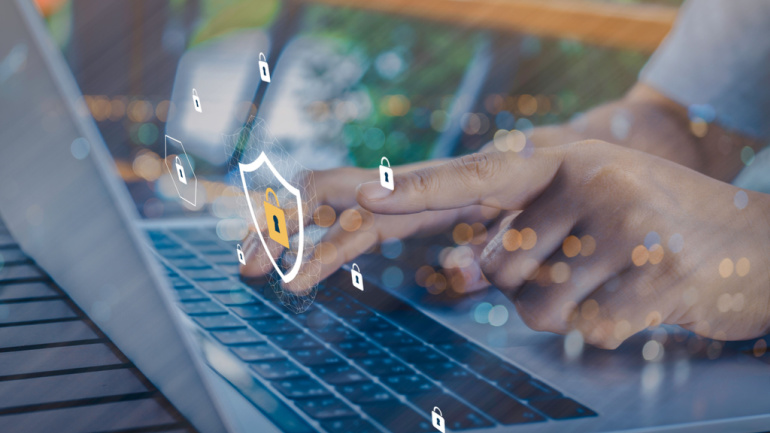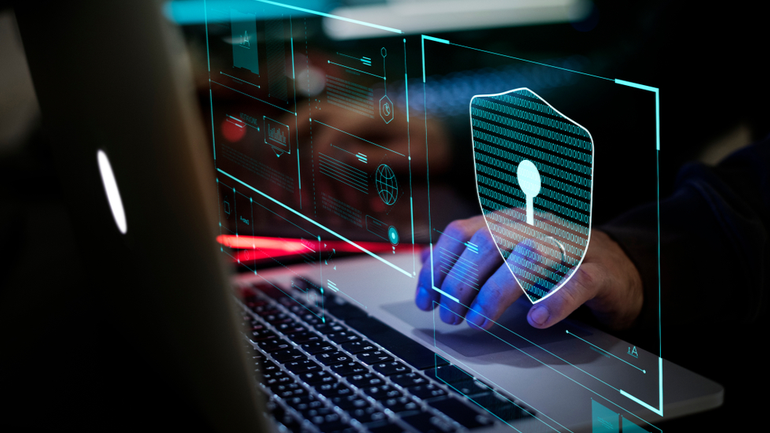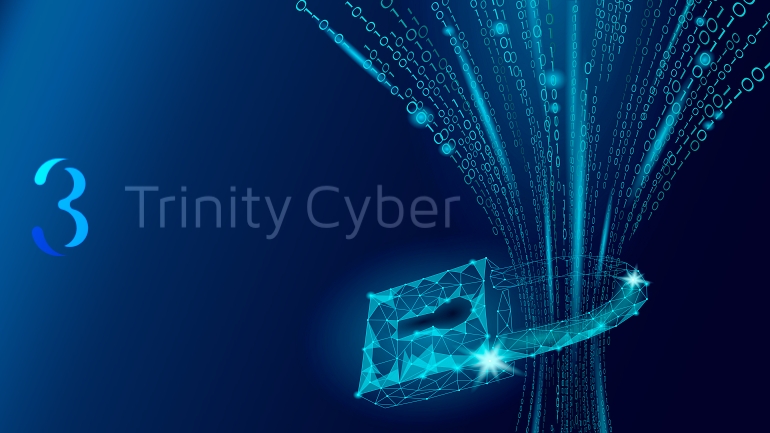The Biden administration is set to launch a groundbreaking initiative today, introducing a new cybersecurity label for smart devices that aims to bolster security standards and protect consumers from potential threats. Federal Communications Commission (FCC) Chair Jessica Rosenworcel revealed the label, called the US Cyber Trust Mark, during a press briefing. The Cyber Trust Mark will signify that devices bearing it meet stringent security criteria based on the National Institute of Standards and Technology (NIST) report.
Virtual and SaaS-based network security solutions thrive as enterprises seek agile options, reaching 20% revenue growth in Q1. The shift is driven by cloud-centric IT architectures and escalating security threats, with top players like Zscaler, Palo Alto Networks, and Akamai leading the market.
Nord Security partners with Intelisys, enabling their community to access comprehensive cybersecurity solutions for businesses and consumers, as companies adapt to the changing landscape of network protection amid the rise in remote work.
TPx, a managed services company that offers cybersecurity, managed networks and cloud communications, has added Penetration Scanning to its Security Advisory Services offering. TPx Penetration Scanning makes use of an automated scanning platform, which allows for quick turnaround times and cost-effective services. This advanced product expands on TPx’s Vulnerability Scanning, which examines network-connected devices in order to discover possible security leaks. The combination of penetration and vulnerability scanning when used jointly offers a more thorough method of risk identification and security reinforcement. TPx Vulnerability and Penetration Scan simulates hacker behavior to assist clients evaluate the probability that a criminal will be able to successfully attack a company’s weaknesses in order to obtain access to systems or secret information on the network. Scanners track a company’s risk profile in almost real-time, with the analysis being conducted as a one-time activity or on a regular basis. Rick Mace, CEO…
The telecom industry is responsible for keeping the globe linked through communications services. There are many aspects of these services that we take for granted, from private calls to business interactions. However, it is only because of the telecom sector that we are able to swiftly connect to individuals all over the world, whether by phone, internet, airwaves or cables. For years, cybercriminals have targeted telecom operators because they maintain and manage vital communications infrastructure that is used to transport and store vast quantities of private and sensitive data. Cyber-attacks on the telecom industry in particular, have risen dramatically in recent years as technology has advanced and our world has evolved to become more connected. In this article, we hope to shed light on the cyber security threats that the telecommunications sector is facing. Also, explain how providers can defend their digital environments and key infrastructure from possible cyber-attacks Why…
There has recently been a significant surge in Distributed Denial-of-Service (DDoS) assaults all around the world. A DDoS attack is a malicious attempt to interrupt regular traffic to a targeted server, service, or network by flooding the target or its surrounding infrastructure with excessive Internet traffic. Cloudflare has reported that it has neutralized a Distributed Denial-of-Service attack that leveraged about 15,000 compromised devices and topped at just under 2 Tbps of bandwidth. The assault was believed to have employed a combination of Mirai-infected Internet of Things devices, which are frequently used to conduct enormous DDoS attacks, and unpatched versions of the GitLab developer tool. The DDoS assault comes only a few weeks after Rapid7 announced a GitLab vulnerability on November 1, 2021, rated a full 10.0 on the CVSS severity scale, that could be leveraged to enable an attacker to remotely run code, and warned that exploitation would…
One of the most frequently asked questions about a VoIP phone system is fundamental and critical, and is as follows: is VoIP secure? To answer the question, no phone system is bulletproof. VoIP has a myriad of benefits, but possible security risks should not be overlooked. Given the growing number of cybercrimes around the world, the importance of security has never been more significant. In every practical sense, VoIP has a good reputation as a secure technology. Nevertheless, every time you use electronic devices or the Internet, it is wise to understand the security risks that such usage may pose to your business and take appropriate precautions. You might be wondering, how important VoIP security really is? Even if you yourself have never been a victim, the reality is that the threat of security breaches through the phone system is quite serious. Truthfully, security is a must for…
Robocalls calls have become a plague. It is estimated that Americans alone received more than 58.5 billion robocalls in 2019. While some robotic calls may be from legitimate sources, they can also be scams seeking to deceive or bully people to provide personal information.
Early on, robocalls were easy to detect and ignore because the calls came from an area code you did not recognize. However, the scam has become much more sophisticated with the increase in Voice over Internet Protocol (VoIP) dialing, which makes it relatively easy to “spoof” a phone number so that the caller ID shows a different number than the one actually calling.
Microsoft surprises with new foldable Surface Duo phone running Android Microsoft has unveiled a new dual-screen Android smartphone, the Surface Duo. The folding phone features two 5.6-inch displays that can rotate 360 degrees, which allows it to be fully unfolded as a miniature 8.3-inch tablet. The Surface Duo can run two different apps at the same time, and one of the displays can be used as a game controller or keyboard. Microsoft has incorporated elements of Windows 10X, a new operating system meant for hybrid devices. The company said that the Surface Duo will launch in late 2020, in time for the holiday season. Read more at: https://tinyurl.com/y66mjttm Telefonica Deutschland deploys Infinera DRX for 5G network modernisation Telefonica Deutschland has chosen the Infinera DRX Series to upgrade its national mobile transport network. The Infinera DRX Series is a portfolio of disaggregated routers that combines a carrier-class white box portfolio with Infinera…
Trinity Cyber, a Bowie, Maryland-based cybersecurity services and solutions startup, has announced the completion of a $23 million funding round led by Intel Capital and other top institutional investors. The company claims that it is taking an entirely new approach to cybersecurity and, with the help of its new technology known as Proactive Threat Interference, is able to “proactively intercept and control cyberattacks” before they even reach the target’s network, thus “reducing risk and increasing cost to adversaries.” Steve Ryan, CEO of Trinity Cyber, said, “This investment by Intel Capital and other strategic backers is significant. I co-founded Trinity Cyber to transform the way the world addresses the cyber problem. No one is doing what Trinity Cyber is doing. No one else can. We make the adversary fail, and we feel this strategic support validates the elegance of our solution.” “As cyberattacks become more sophisticated, technology to counter…













